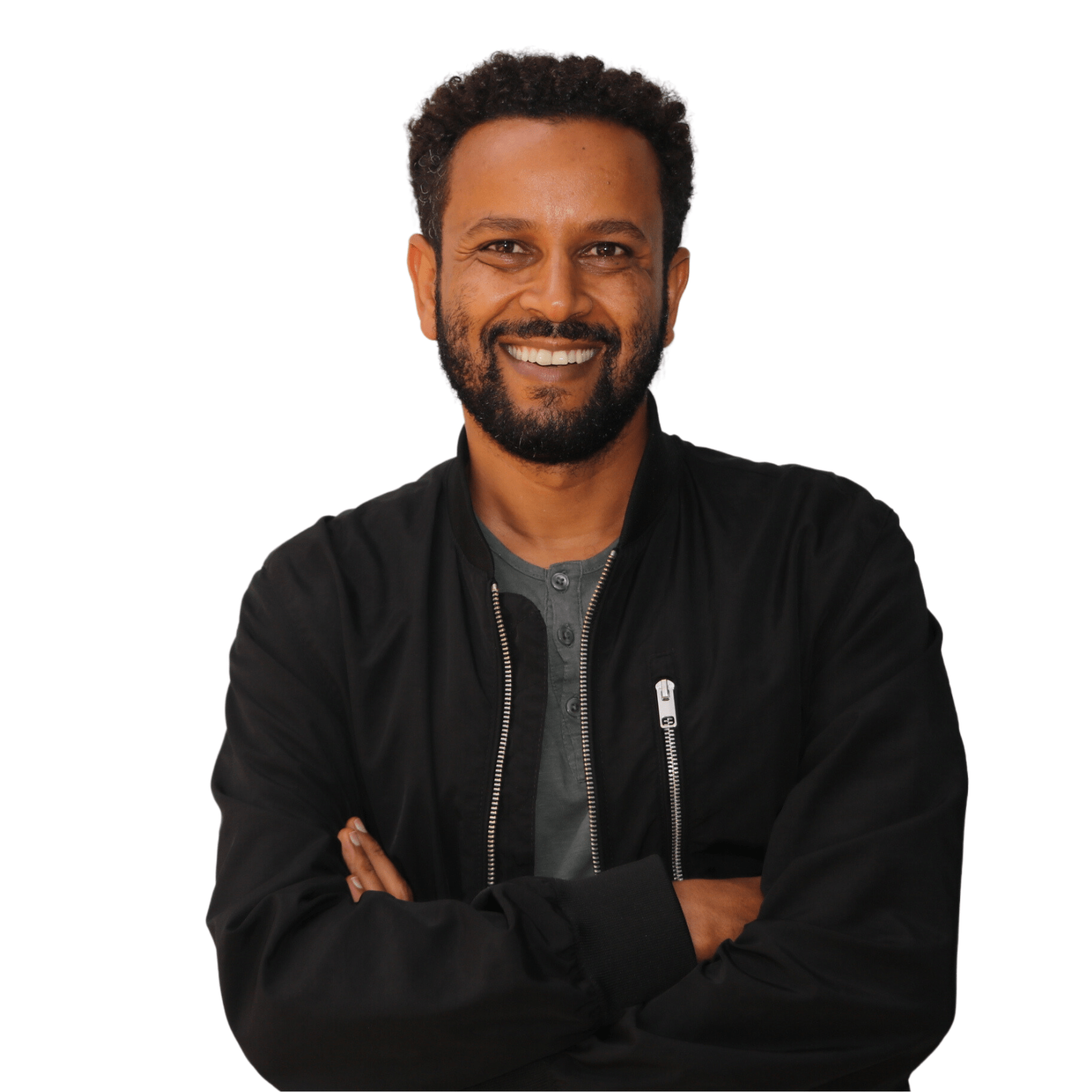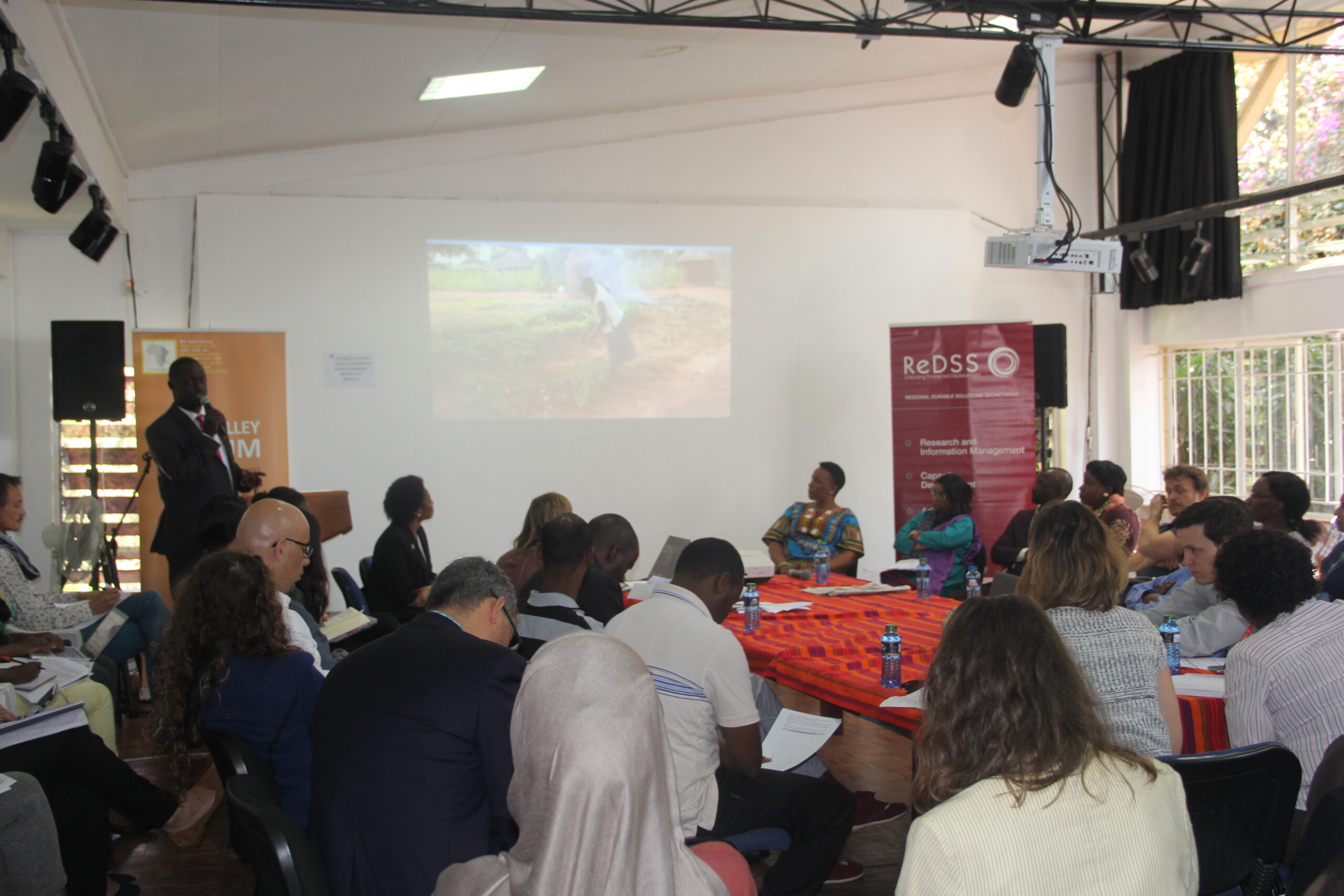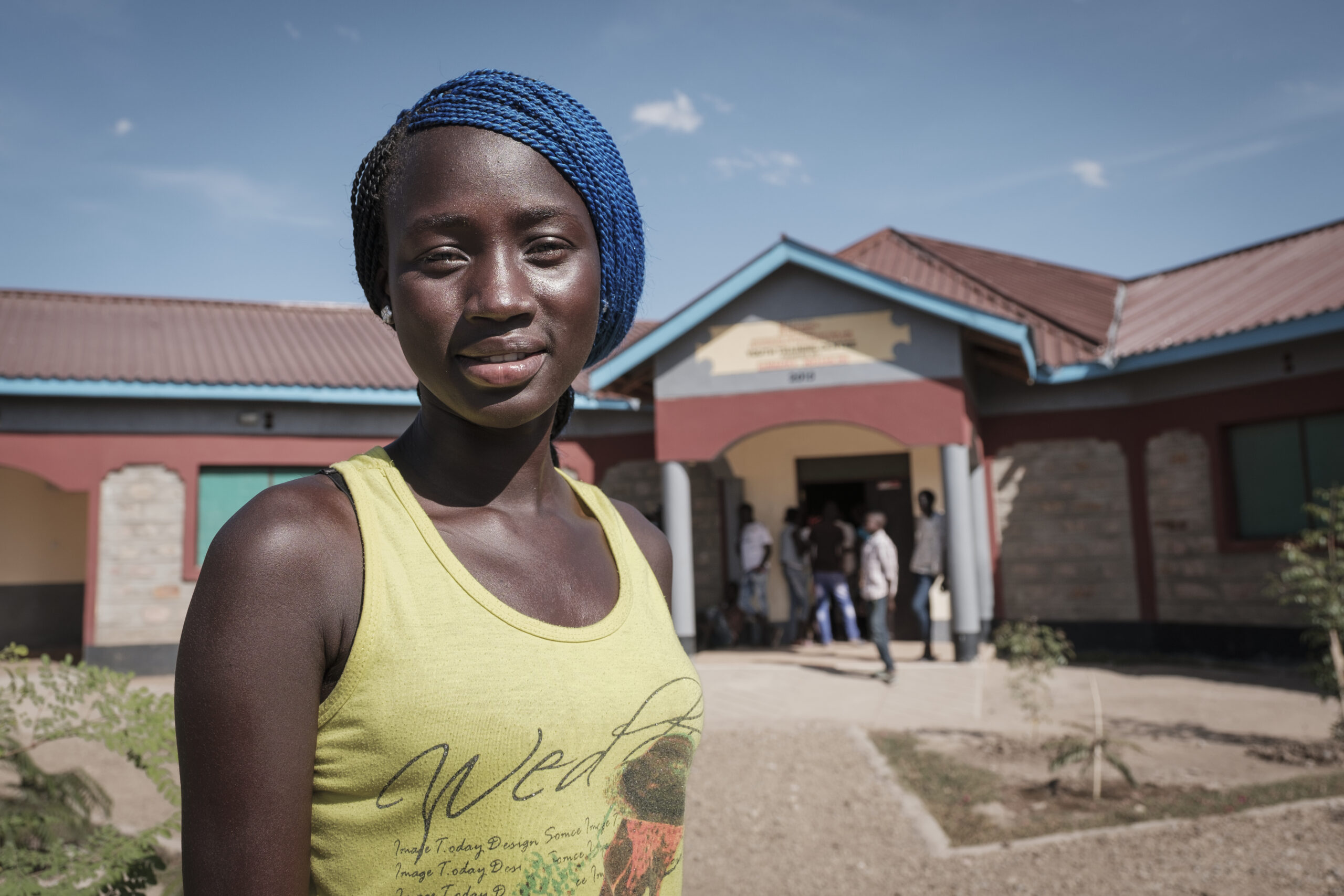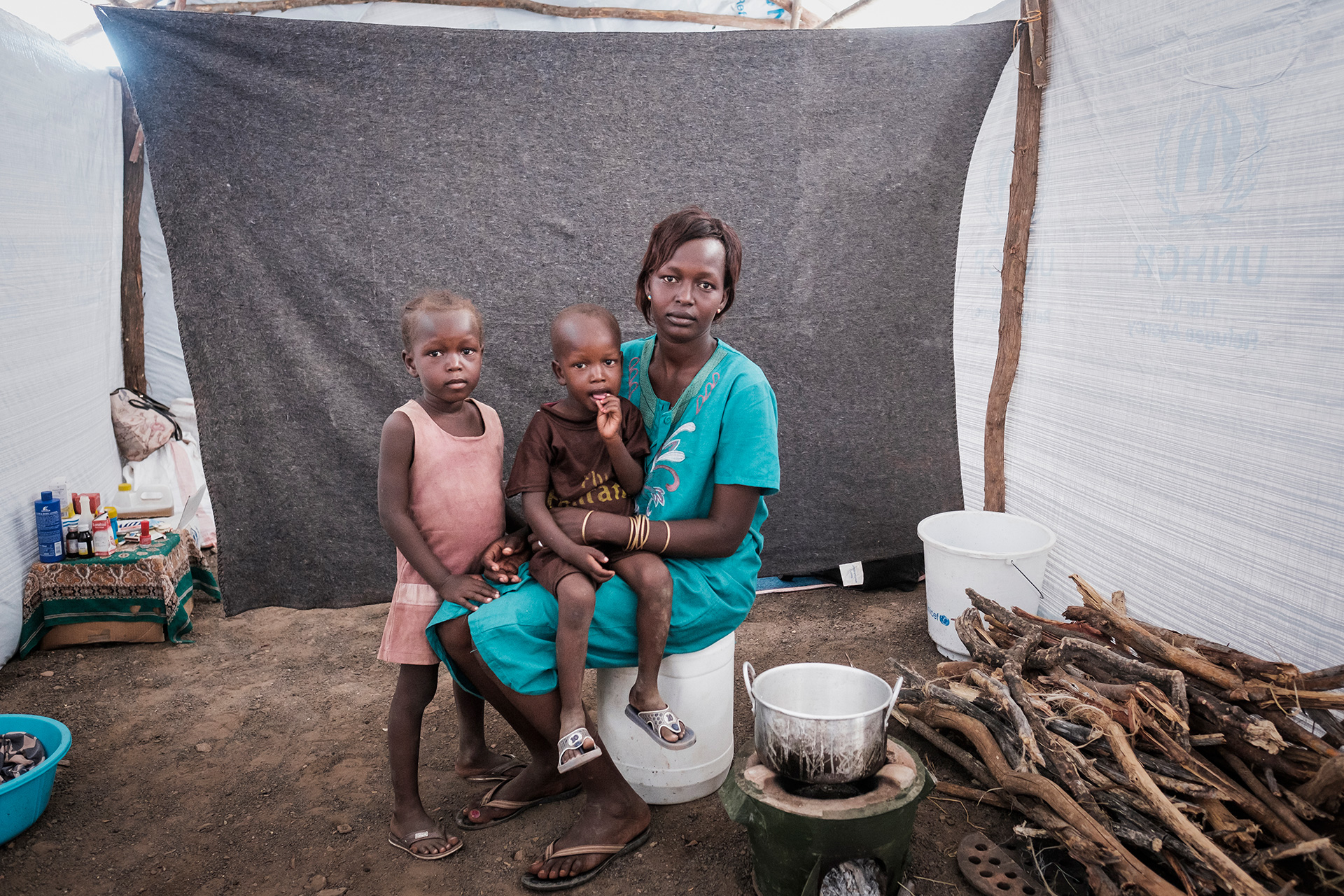On March 21, 2024, the Ethiopian Human Rights Commission (EHRC), the Consortium of Ethiopian Human Rights Organizations (CEHRO), and the Regional Durable Solutions Secretariat (ReDSS) jointly convened an event titled “Situation of IDPs in Ethiopia: (Re)imagining the Path for Durable Solutions” at the Harmony Hotel in Addis Ababa, Ethiopia.
Key Highlights from the Conference
1. Policy and Legal Developments
One of the significant developments shared during the event was the progress made on the draft IDP proclamation, which is now with the Council of Ministers. This proposed legislation aims to provide a comprehensive legal framework for addressing the situation of internally displaced persons (IDPs) in Ethiopia and would identify the focal entity in the government for solutions to internal displacement. This law, which is a key part of the domestication of the Kampala drafting process has been in draft stage for more than two years.
2. Efforts by Various Actors in the IDP Response
The event highlighted the massive efforts undertaken by various organizations to improve the lives of IDPs. UN agencies, NGOs, and other stakeholders have implemented numerous programs and projects aimed at addressing the needs of this population. Additionally, initiatives have been undertaken to include IDPs in national identification systems and provide them with access to financial services.
Despite the ongoing efforts, several challenges and gaps were identified during the event. The massive scale of need and the large number of IDPs across the country contrasted sharply with the decreasing funding for responses to internal displacement. Almost all regional states host large number of IDPs, the combined number of which surpasses 3 million. Added to the complexity is that majority of the displacements cross the border of one regional state involvement of more than one region in planning solutions. There is also the ever increasing climate-induced displacement, which currently accounts for more than half a million IDPs. Furthermore, while sub-national governments are attempting to bring solutions to IDPs in their respective areas, these efforts are often hindered by the absence of clear pathways, lack of coordination within and between them, and the inadequacy of the overall response.
3. Return Processes and Rehabilitation
Discussions also shed light on the complexities surrounding the return processes for IDPs. It was noted that in most cases, the return to places of origin is merely a physical phenomenon, lacking the necessary infrastructural works and rehabilitation of basic services. This was for example explicitly noted in Afar region. This failure to fulfill the basic requirements of return poses significant challenges for IDPs seeking to rebuild their lives.
4. Amplifying IDP Voices
The event provided a platform for IDP representatives to voice their concerns, hopes, and fears regarding their future. Their perspectives were amplified through direct participation and speeches, including a presentation by a member of the children’s parliament, highlighting the specific situation of internally displaced children. This has enabled the in-depth conversation around the ground level challenges and worries of the IDPs.
Notably, the event also featured a speech by an individual who has led a grassroots movement for humanitarian response for three decades. This inclusion underscored the importance of recognizing and learning from grassroots efforts in addressing the needs of IDPs.
Stakeholder Collaboration and Way Forward
The event was part of ReDSS’s ongoing efforts to bring together various stakeholders, including IDP representatives, government entities, NGOs, UN agencies, donors, and the private sector, to deliberate on solutions for internal displacement. It identified program and project-level efforts to address this issue while defining the opportunities and challenges actors face on the ground in contributing to durable solutions.
Furthermore, there was a clear suggestion for more in-depth consultations at the sub-national level, and ReDSS expressed its commitment to contributing to these efforts. This highlights the recognition of the need for localized approaches and the involvement of sub-national authorities in finding sustainable solutions for IDPs.
Overall, the event served as a platform for sharing insights, fostering collaboration, and identifying actionable steps to address the situation of IDPs in Ethiopia and promote durable solutions that prioritize their well-being, protection, and integration.




